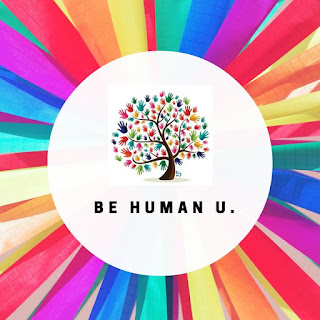WHAT IS YOUTH DEVELOPMENT?
Youth Development is a bachelors degree program at Rhode Island College, where students take classes in social work, education, non profit, as well as classes towards a concentration or minor of their choice. We are the only bachelor degree program in the United States that also graduates with a nonprofit certification. By the time we graduate we will also have completed a 180 hour internship in a youth setting of our choice. The program prepares us to be mentors in youth settings outside of the classroom.
Youth workers provide a safe space for youth to grow socially, creatively, intellectually, and more. Youth workers aim to create individualized relationships with their youth. We are not babysitters. Instead, youth workers can be found in after school programs, recreational centers, juvenile justice centers, and more. We are the adults that will actively lead with youth in helping them growing into the individuals they want to be. We provide a listening ear, teach lessons that are not taught in the classroom, and have the ability to impact a childs life.





